Harris to attend Munich summit to rally US allies against Russia
US vice president Kamala Harris is slated to hold a series of meetings with American allies and partners at the Munich Security Conference next week amid soaring tensions with Russian over Ukraine, the White House said on Wednesday.
The forthcoming trip is seen as a major diplomatic test of her vice presidency after coming under severe criticism for her ineffectiveness at home.
A senior US administration official was quoted as saying by Reuters that Harris will deliver a speech and articulate US policy at her various public engagements in Munich in order to bring together NATO allies to form a coalition against Russia.
Leaders of Germany, the EU and NATO will attend and Harris is not expected to meet leaders from Russia and China, Reuters said.
The conference, launched by Western nations at the height of the Cold War to address military conflicts, is expected to take place on Feb 18-20 in Munich.
"Building on the Biden-Harris Administration’s intensive engagement with European allies and partners, the Vice President’s engagements in Munich will demonstrate our ironclad commitment to our NATO Allies, reaffirm our shared interest in upholding the principles that have underpinned European peace and security since World War II, and underscore our commitment to Ukraine’s sovereignty and territorial integrity," Sabrina Singh, deputy press secretary for Harris said in a statement.
Per @SabrinaSingh46:
— Herbie Ziskend (@HerbieZiskend46) February 9, 2022
"Vice President Kamala Harris will travel to Munich, Germany to attend the February 18-20 Munich Security Conference. Building on the Biden-Harris Administration’s intensive engagement with European allies and partners, the Vice President’s engagements in..
This year the summit comes amidst simmering tensions between Washington and Moscow over developments on the Ukrainian border.
The US and its allies accuse Russia of planning an invasion of Ukraine by amassing thousands of troops and armaments near the border with that country.
Russia, however, has rubbished the charges, maintaining that the military buildup is defensive in nature and in response to NATO’s eastward expansion and increased activity near the Russian borders.
Moscow has called on NATO to roll back its military deployments in central and eastern Europe, saying the expansion poses a serious threat to Russia.
"This trip is about engaging our allies and partners and building upon the intensive engagement that is already under way," the US official told Reuters.
Harris will "reaffirm America's commitment to Ukraine's sovereignty and territorial integrity" as it faces the threat of a large-scale invasion by Russia, he added.
On Tuesday, Russian President Vladimir Putin for the second time in a week warned that European countries would automatically be drawn into a war with Russia in which "there will be no winners" if Ukraine joined NATO and then tried to recapture the Crimean peninsula that Russia seized in 2014.
US President Joe Biden, for his part, has threatened to impose the most severe sanctions ever levied against Russia if it sends troops across the border.
He met German Chancellor Olaf Scholz on Monday and said the Nord Stream 2 gas pipeline would be halted if Russia invades Ukraine.
While Harris's public appearance and effectiveness on a range of weighty issues at home has been heavily criticized, the trip to Munich amid tensions with Russia is expected to test her diplomatic mettle.
Biden has regularly urged his vice president to engage with foreign leaders directly and develop her own rapport with key US partners, Reuters quoted White House sources as saying, and the Munich trip is likely to be a major diplomatic test of her vice presidency and her highest-profile foreign trip yet.
The conference will bring together around 35 heads of states in the Bavarian capital. The meeting was held virtually in 2021 due to the COVID-19 pandemic.
Biden has previously attended the conference as a US senator, as vice president and even while not in public office.
Last year, he addressed the conference virtually and declared the era of Trump-style "America-first" diplomacy over.
(Press TV and Agencies)
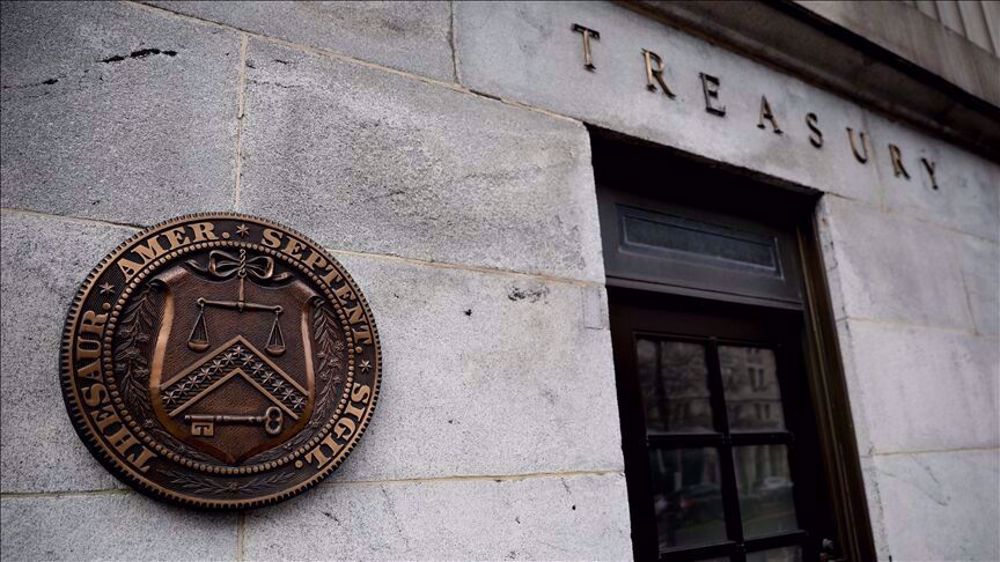
US sanctions alleged network behind Iran’s drone program
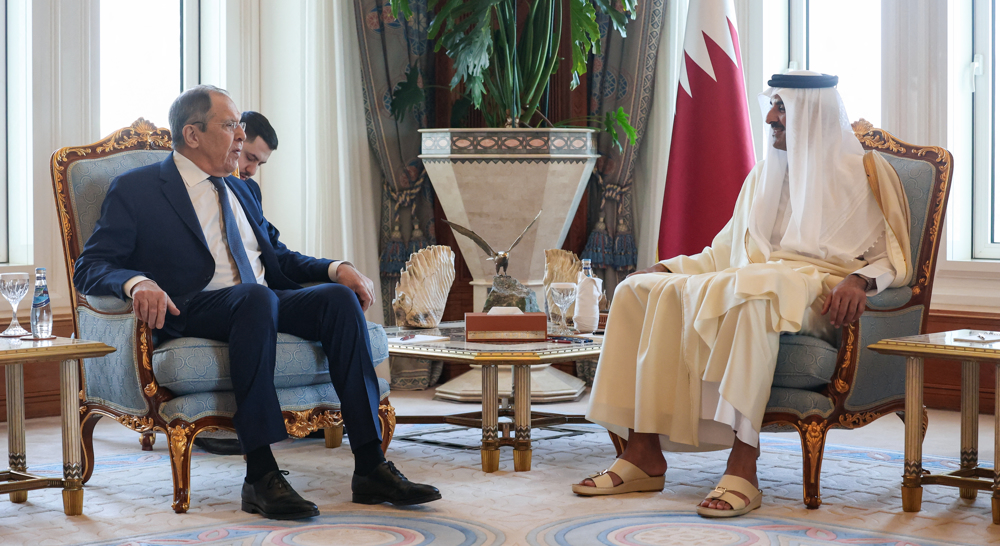
Russia, US diplomats to meet in Istanbul to discuss restoration of embassies: Lavrov
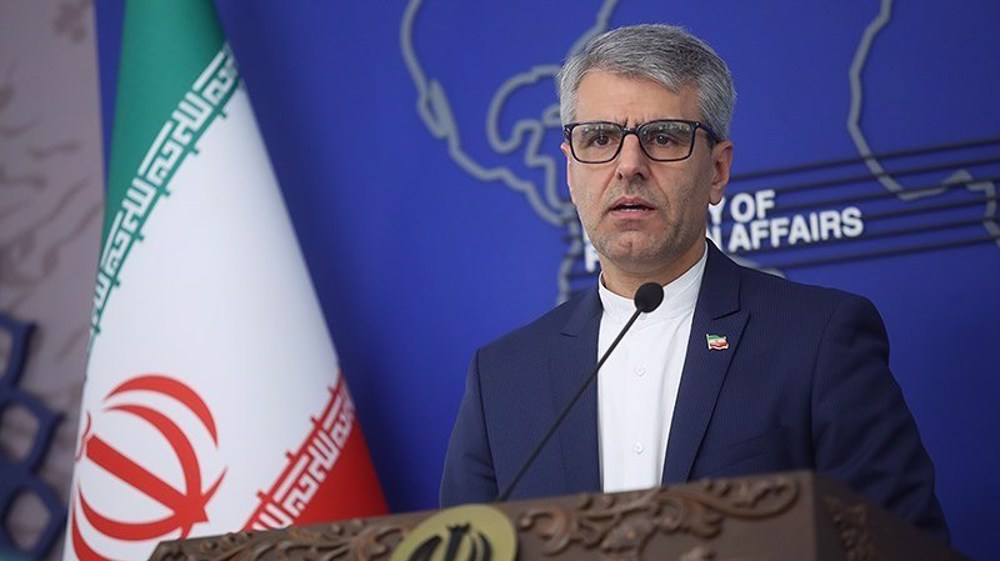
Iran: New sanctions show US 'hostility to well-being' of Iranians
Iranian flotilla makes port call in India with 'friendship message'
How UK counter-terror police colluded with Zionists to detain me after Beirut trip
Biden, Blinken, Austin referred to ICC over Gaza war crimes
EU will 'do the same' if US implements tariff hikes: France
VIDEO | Press TV's news headlines
British celebrities condemn BBC removal of Gaza documentary
Iran Army acquires tactical vehicles, audio surveillance systems
VIDEO | UK police detain anti-Zionist scholar upon return from Lebanon


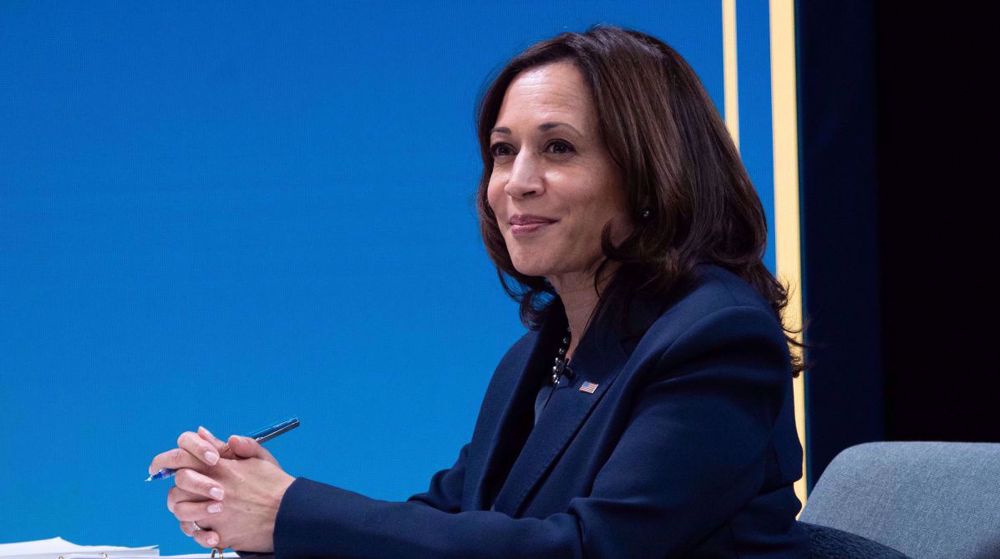
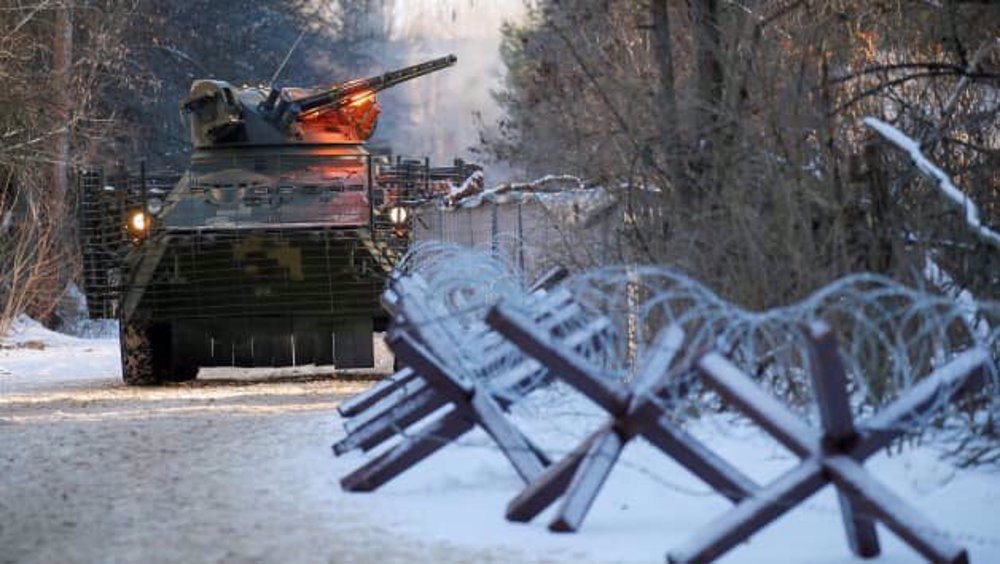



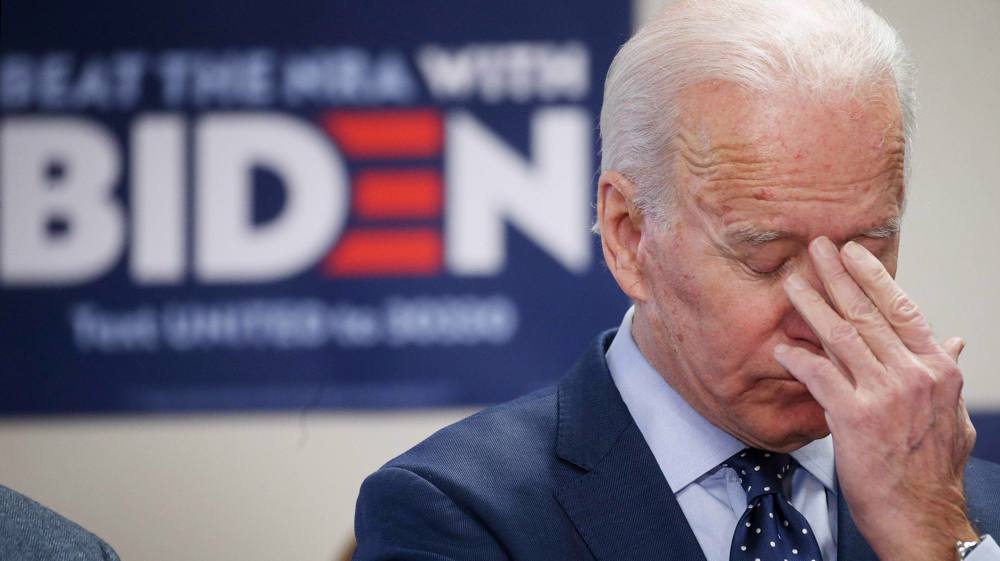
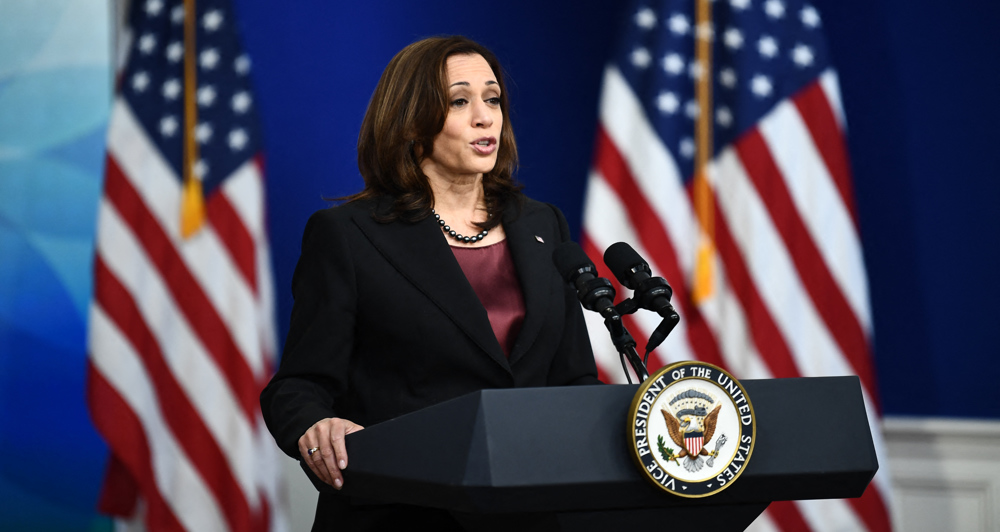
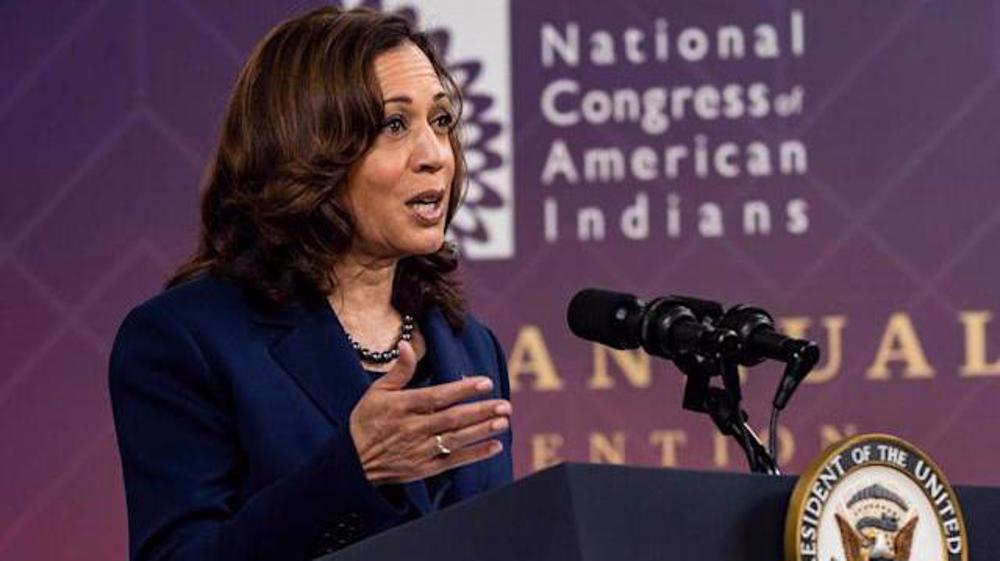
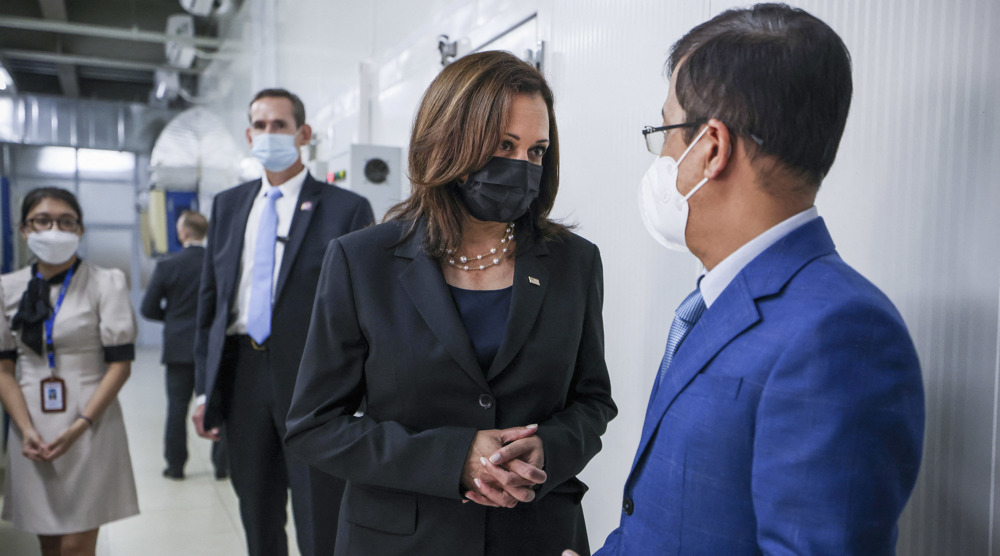
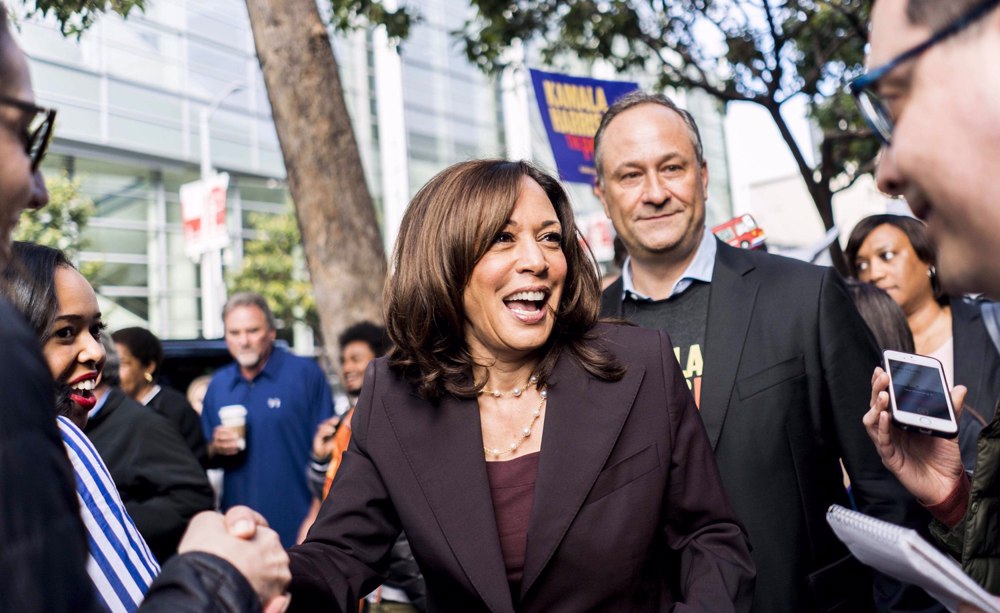

 This makes it easy to access the Press TV website
This makes it easy to access the Press TV website